exam 2 - medicinal botany LAB
1/39
There's no tags or description
Looks like no tags are added yet.
Name | Mastery | Learn | Test | Matching | Spaced |
|---|
No study sessions yet.
40 Terms
rosemary:
scientific name
what does it treat?
rosmarinus officinalis
antioxidant, vasodilator, anti-inflammatory, prevents gastric ulcers
valerian:
scientific name
what does it treat?
valeriana officinalis
anxiolytic, sedation for surgery, parkinson’s disease
mint:
scientific name
what does it treat?
form of administration
mentha spp.
common cold, irritable bowel syndrome, nausea
tea
ginger:
scientific name
what does it treat?
form of administration
zingiber officinale
nausea
tea, ginger ale, candied ginger
lemon balm:
scientific name
what does it treat?
melissa officinalis
alzheimer’s disease, reduced agitation, antitumor, antioxidant
sage:
scientific name
what does it treat?
form of administration
salvia officinalis
anti-inflammatory bc of ursolic acid in plant tissues
topically
ginkgo:
scientific name
what does it treat?
form of administration
ginkgo biloba
memory, brain processing efficiency
tablets or teas
onion:
scientific name
what does it treat?
form of administration
allium cepa
improves appearance of post-surgery scars
topical gel/lotion
eucalyptus:
scientific name
what does it treat?
form of administration
eucalyptus spp.
colds, flu, bronchial infections, fevers
topical, inhalation of vapors, essential oils
garlic:
scientific name
what does it treat?
form of administration
allium sativum
hypercholesterolemia
orally
jalapenos:
scientific name
what does it treat?
form of administration
capsicum spp.
anti-inflammatory
topically
oats:
scientific name
what does it treat?
form of administration
avena sativa
anti-inflammatory, anti-itch
topically
echinacea:
scientific name
what does it treat?
form of administration
echinacea purpurea
reduce severity of upper respiratory infections
tablet or teas
lavender:
scientific name
what does it treat?
form of administration
lavandula angustifolia
reduce anxiety
inhalation of vaporized essential oils/plant tissues
infusion
steep in boiling water
used for soft tissues like flowers, leaves, and green stems
decoction
bring to boil + simmer for 15-20 min
used for hard tissues like roots, rhizomes, bark, and seeds
maceration
potential solvents: ethanol, vodka, vinegar, glycerine
store in a container
used when plant compounds are released from solvents
digestion
potential solvents: ethanol, vodka, vinegar, glycerine
apply heat + store in a container
used when plant compounds are released from solvents
expression
separating liquid from plant using a press
tincture
water and ethanol in 1:1 ratio
store in a container
used when plant compounds are released from solvents
poultice
mash fresh leaves
apply to skin
can use bandage if needed
used with soft tissues like flowers, leaves, or green stems
compress
soak cloth in prepped infusion, decoction, or tincture
apply cloth where needed
used when fresh herbs are not available or plant tissues require prep for active compounds to be available
baths
fresh herbs added to warm/hot water
soaking allows plants to be absorbed by skin
other benefits come from vapor inhalation
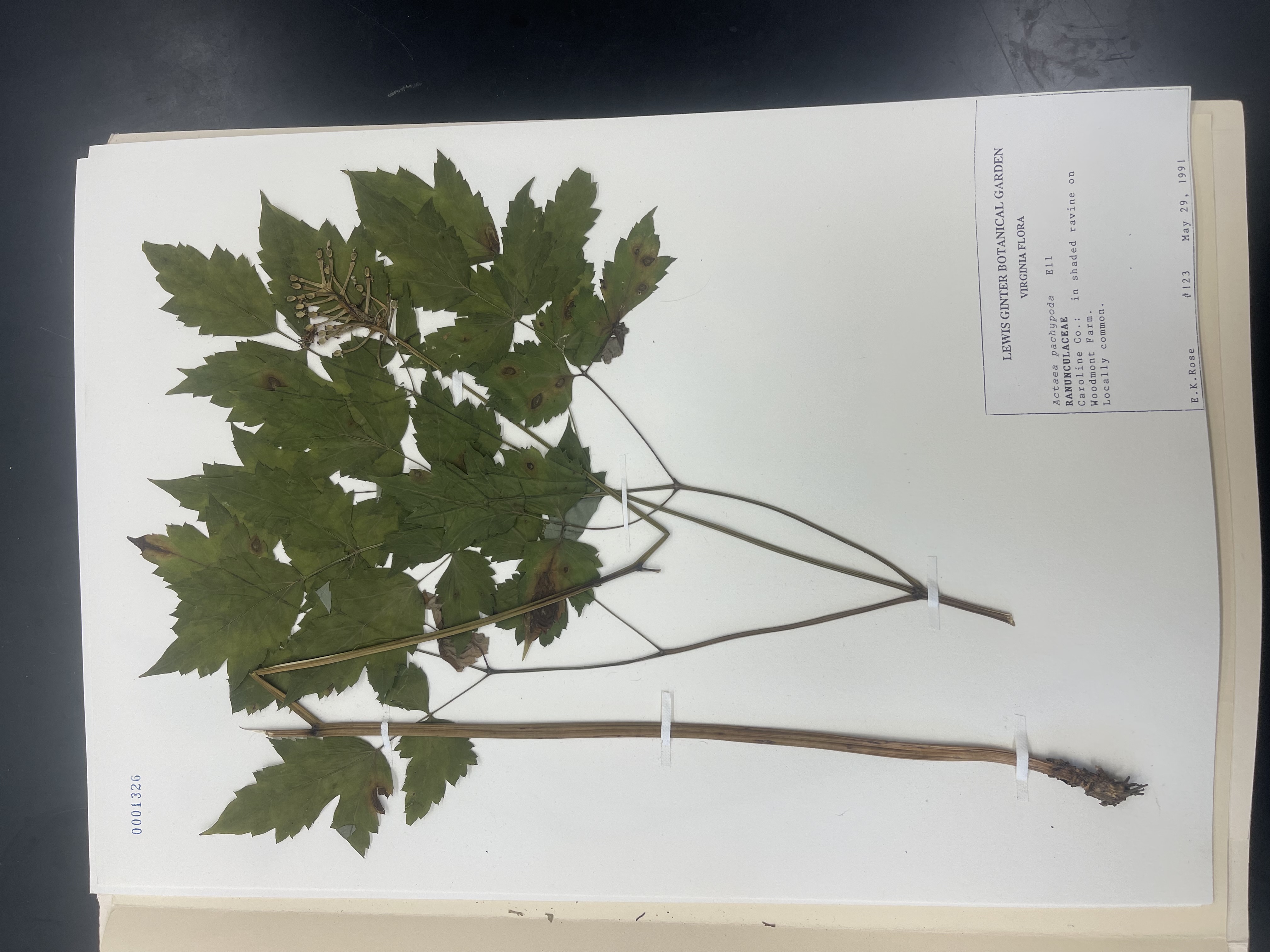
black cohosh
actaea pachypoda
menopause
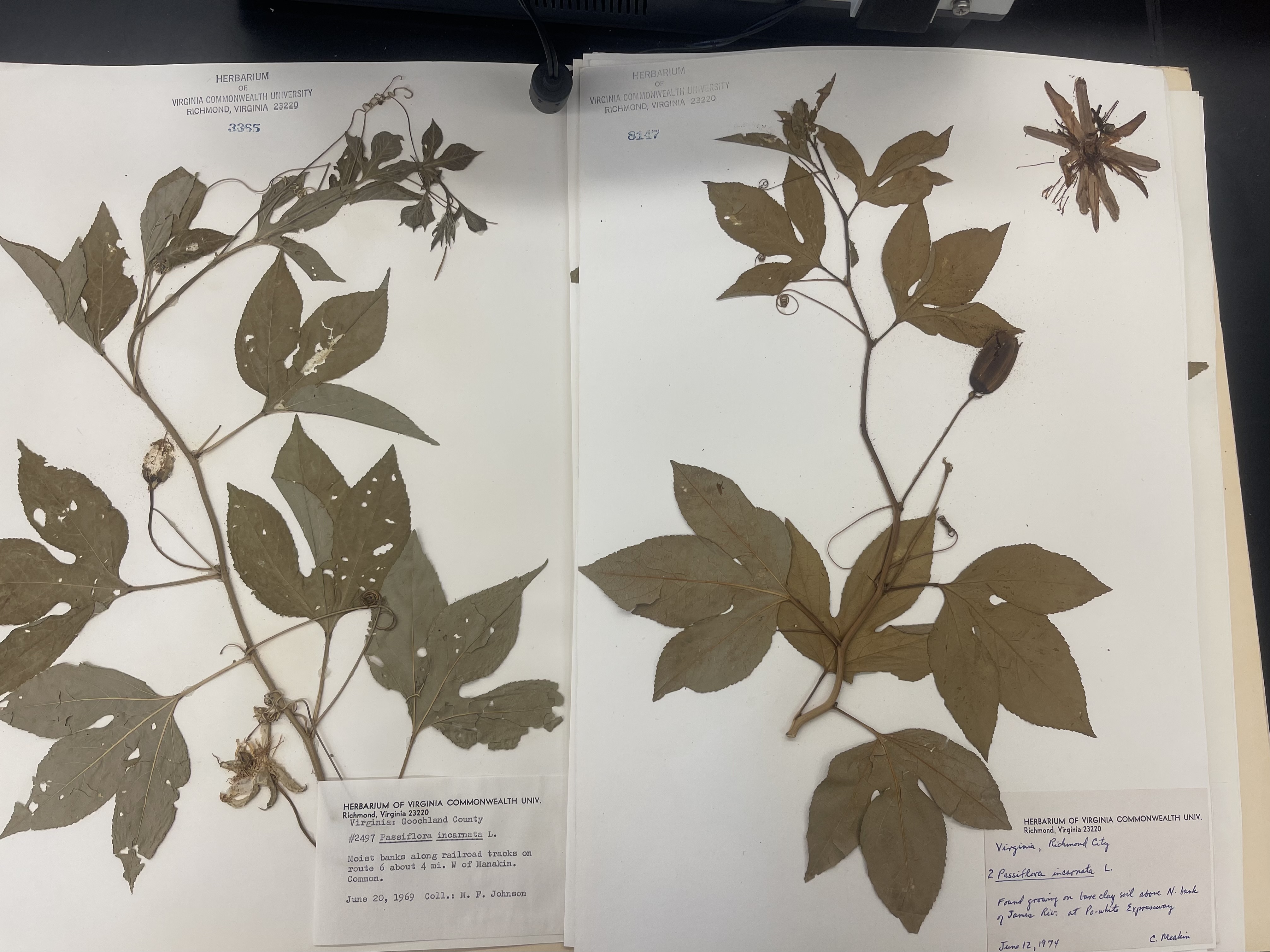
passion flower
passiflora incarnata
anxiety, withdrawal (alc + drugs)
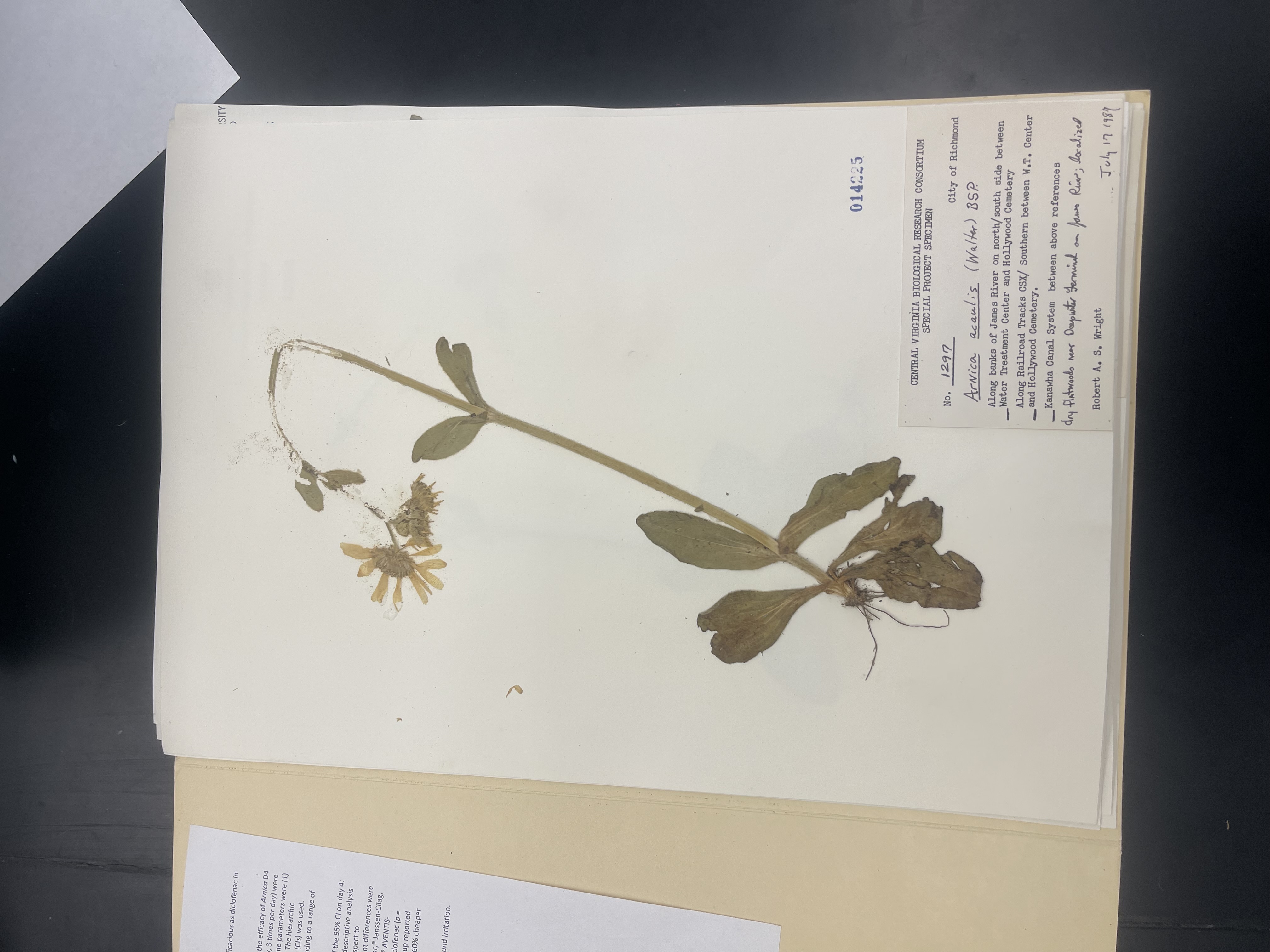
leopard bane
arnica acavlis
wound treatment
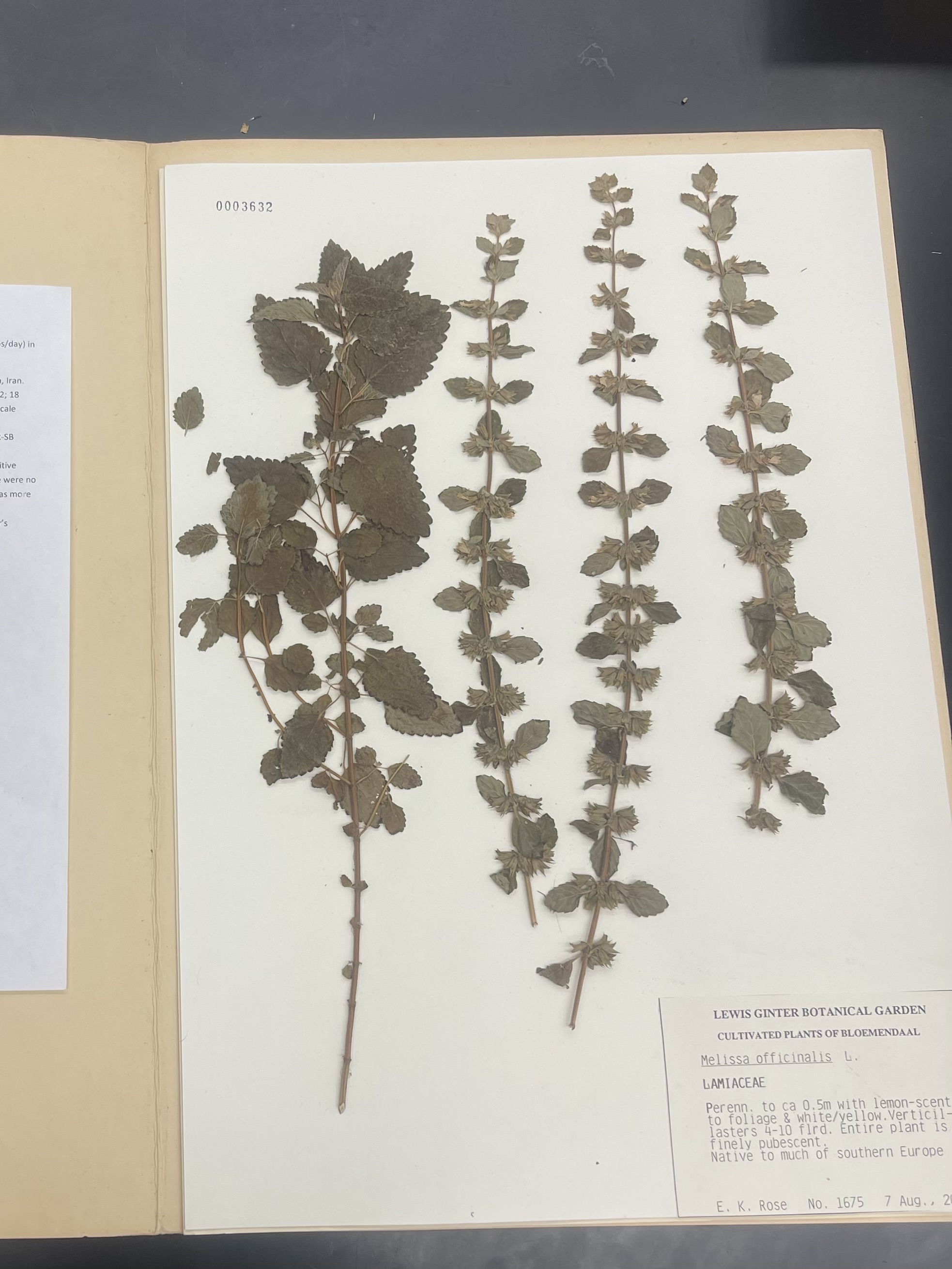
lemon balm
melissa officinales
alzheimers
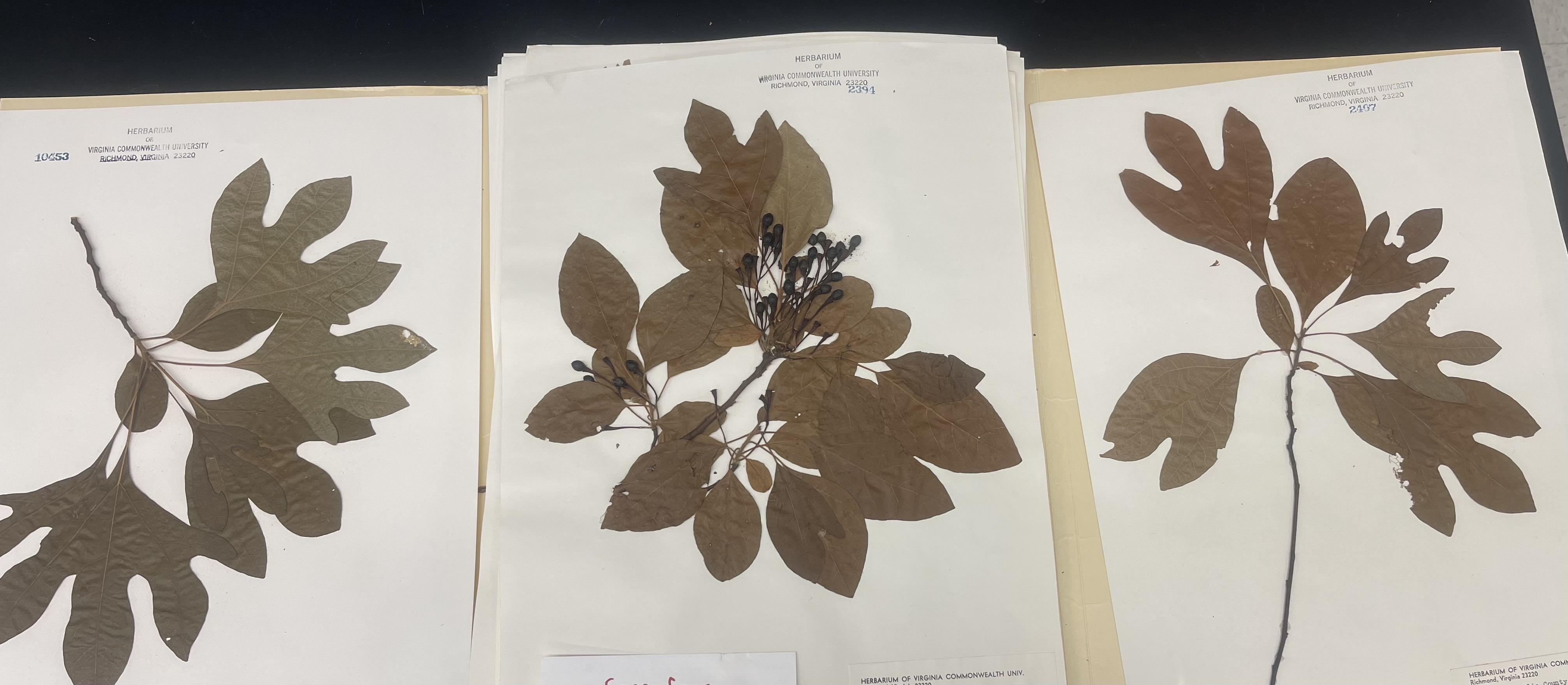
sassafras
sassafras albidum
antifungal
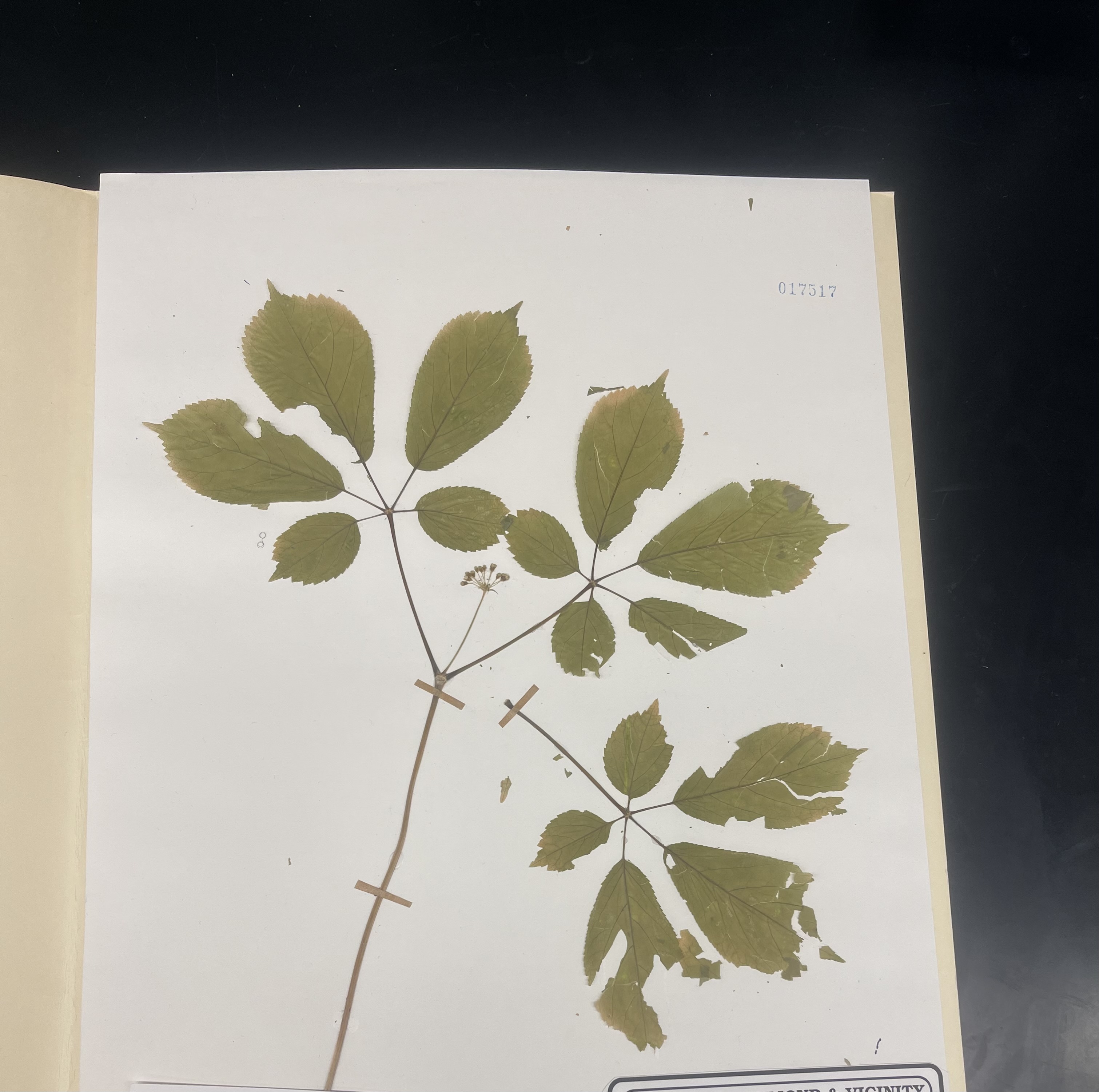
american ginseng
panax quinquefolia
influenza
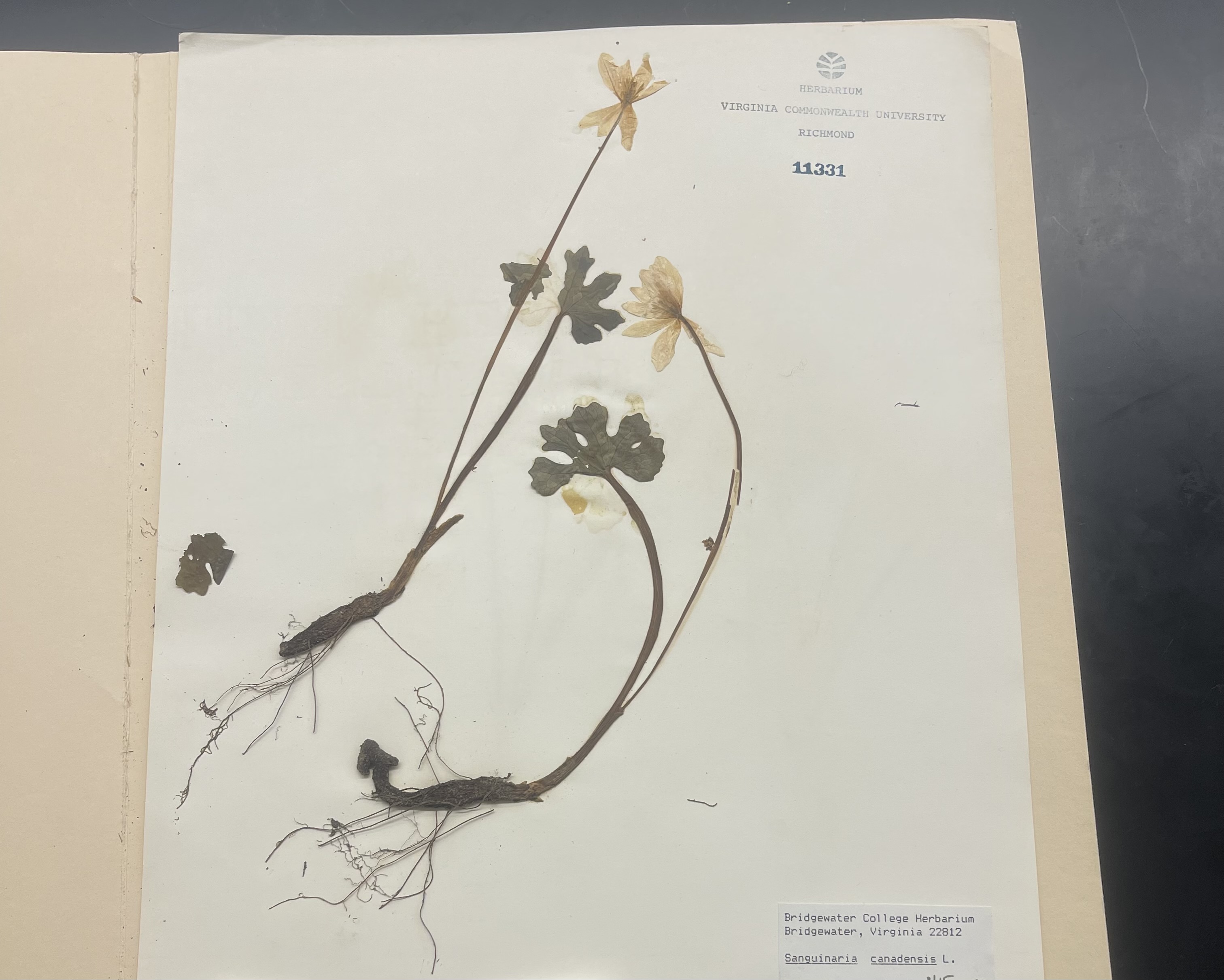
bloodroot
sanguinaria canadensis
cancer, strengthens immune system
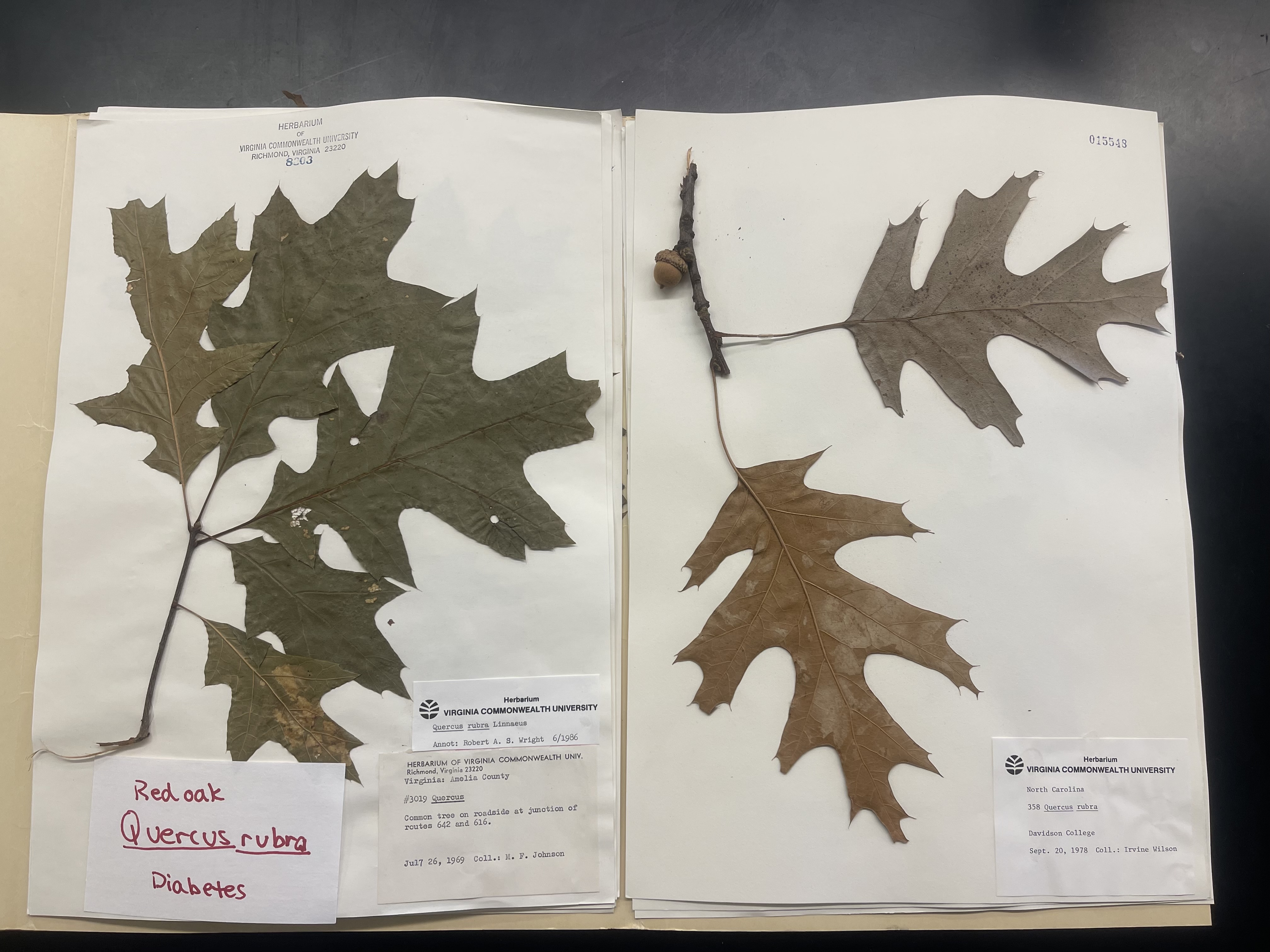
red oak
quercus rubra
diabetes
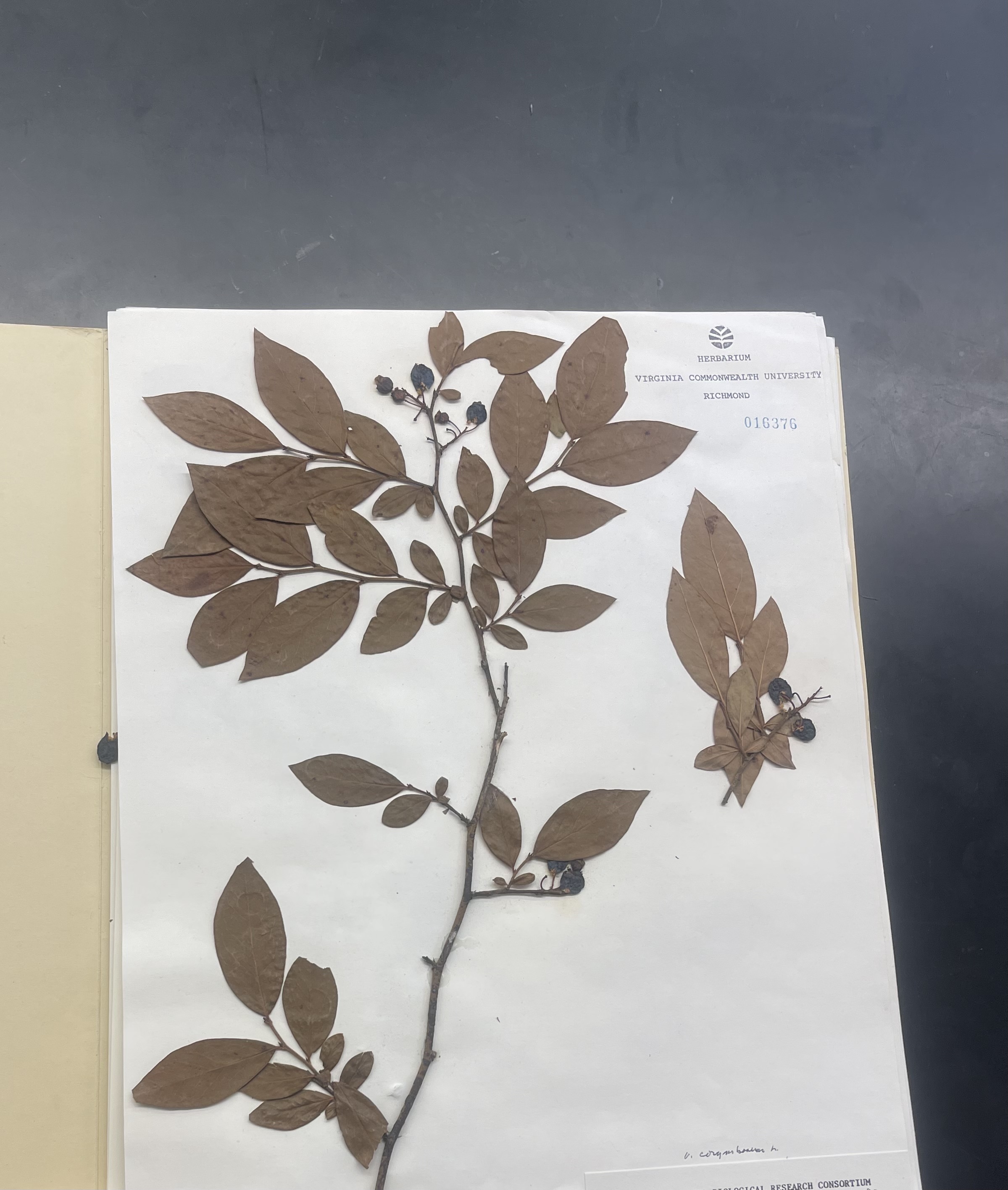
blueberry
vaccinium corymbosum
urinary tract infections
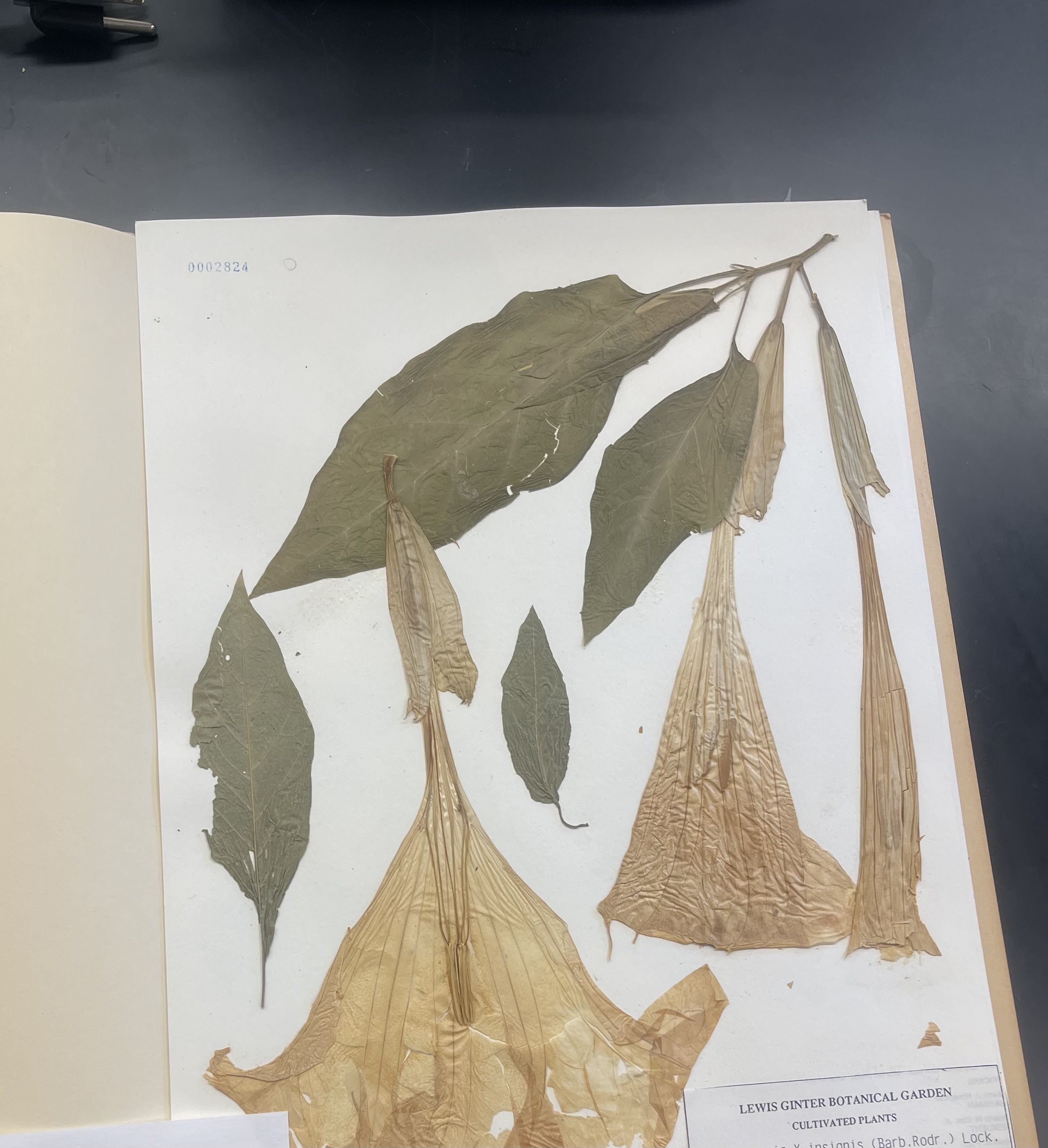
angels trumpets
brugmansia spp.
morphine withdrawals
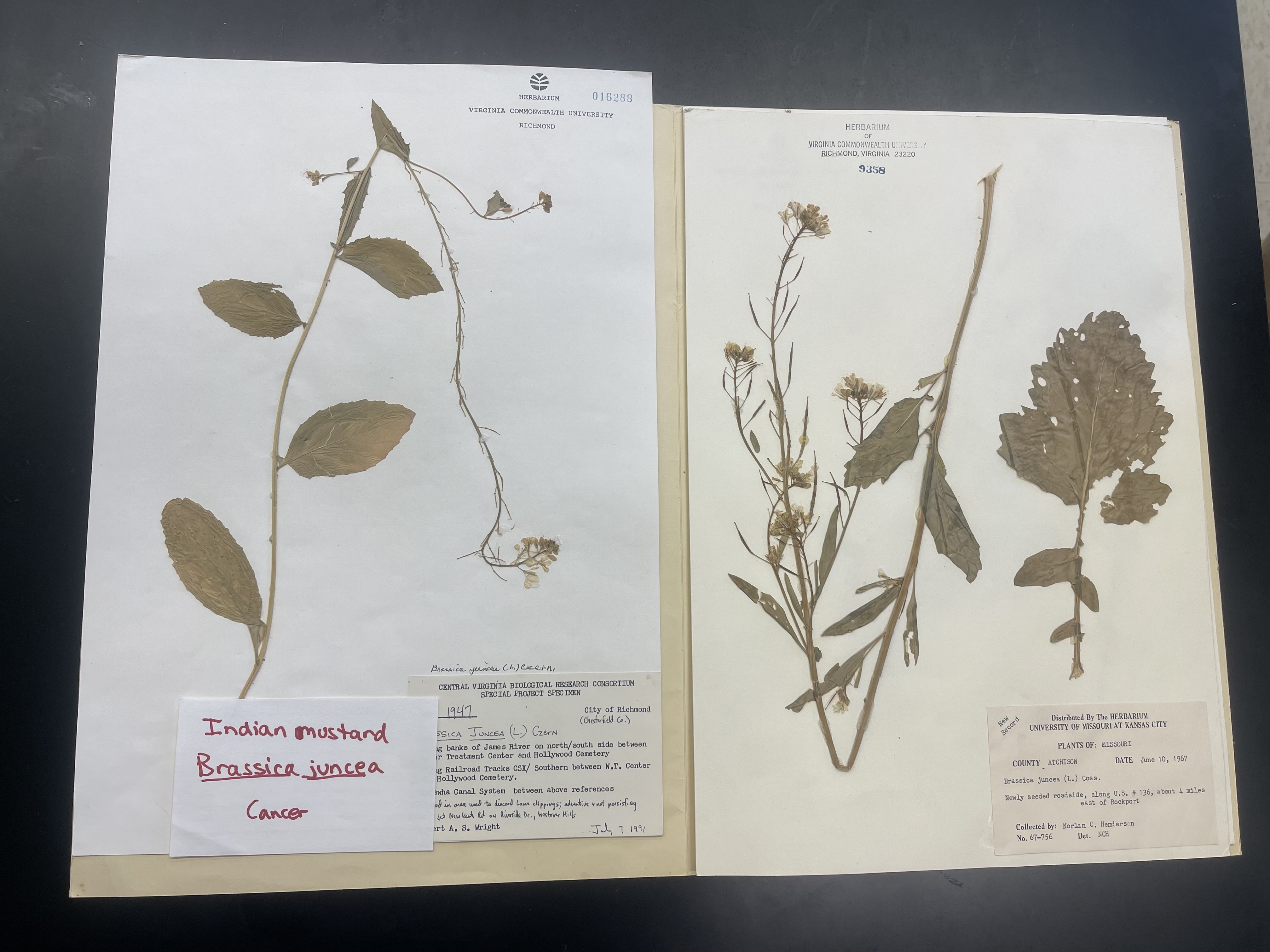
indian mustard
brassica juncea
cancer
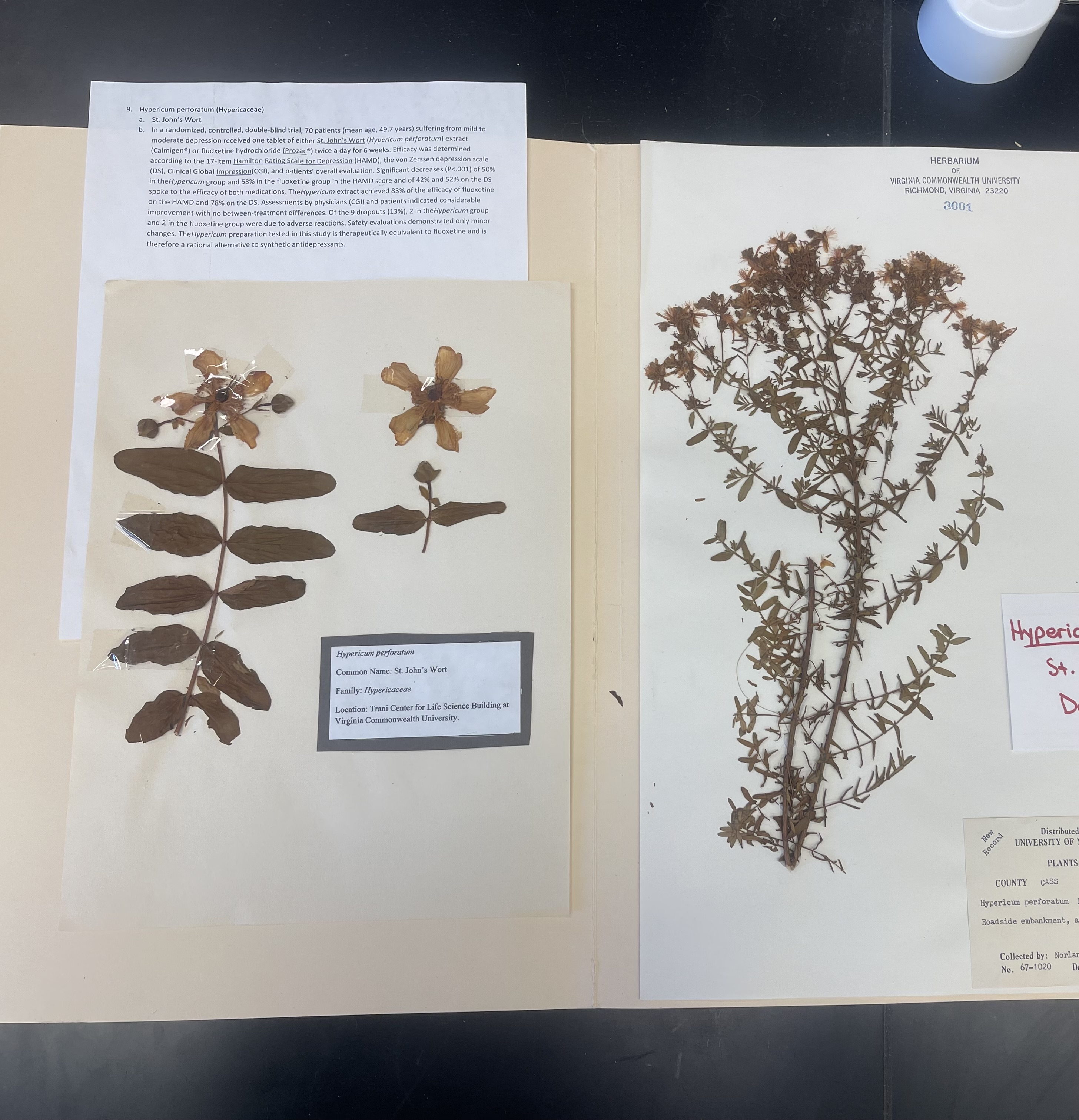
st. john’s wort
hypericum perforatum
depression
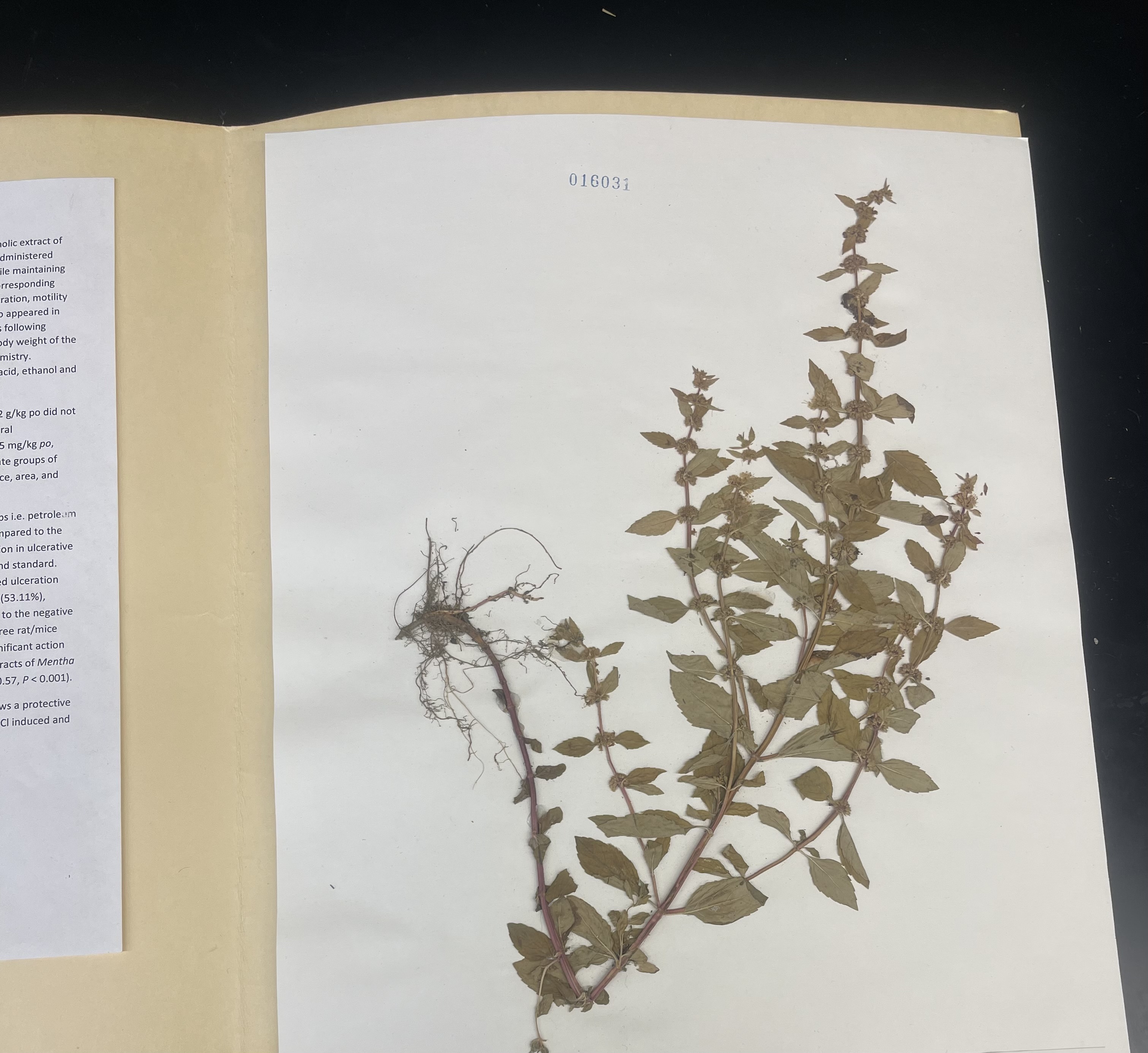
wild mint
mentha arvensis
male birth control
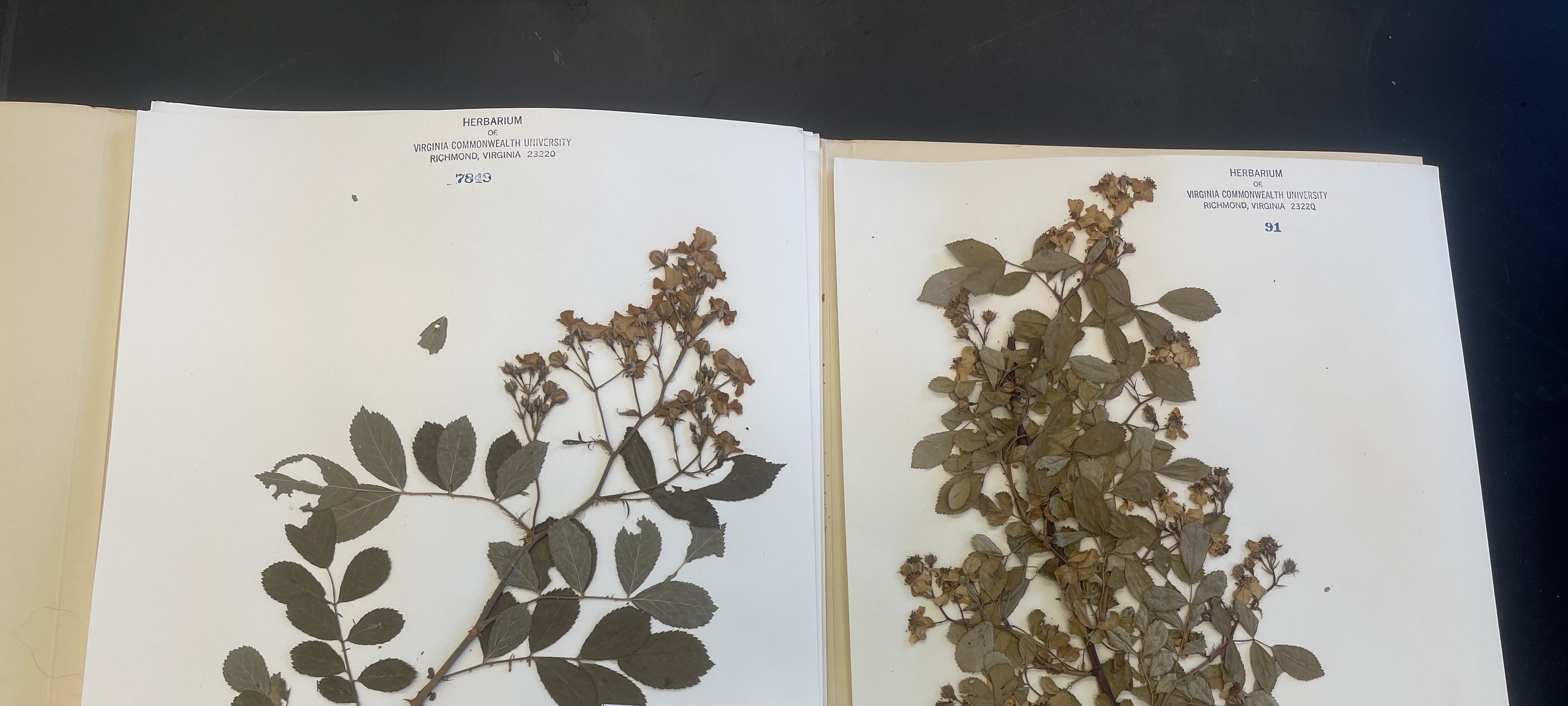
multiflora rose
rosa multiflora
pain relief, rheumatoid arthritis
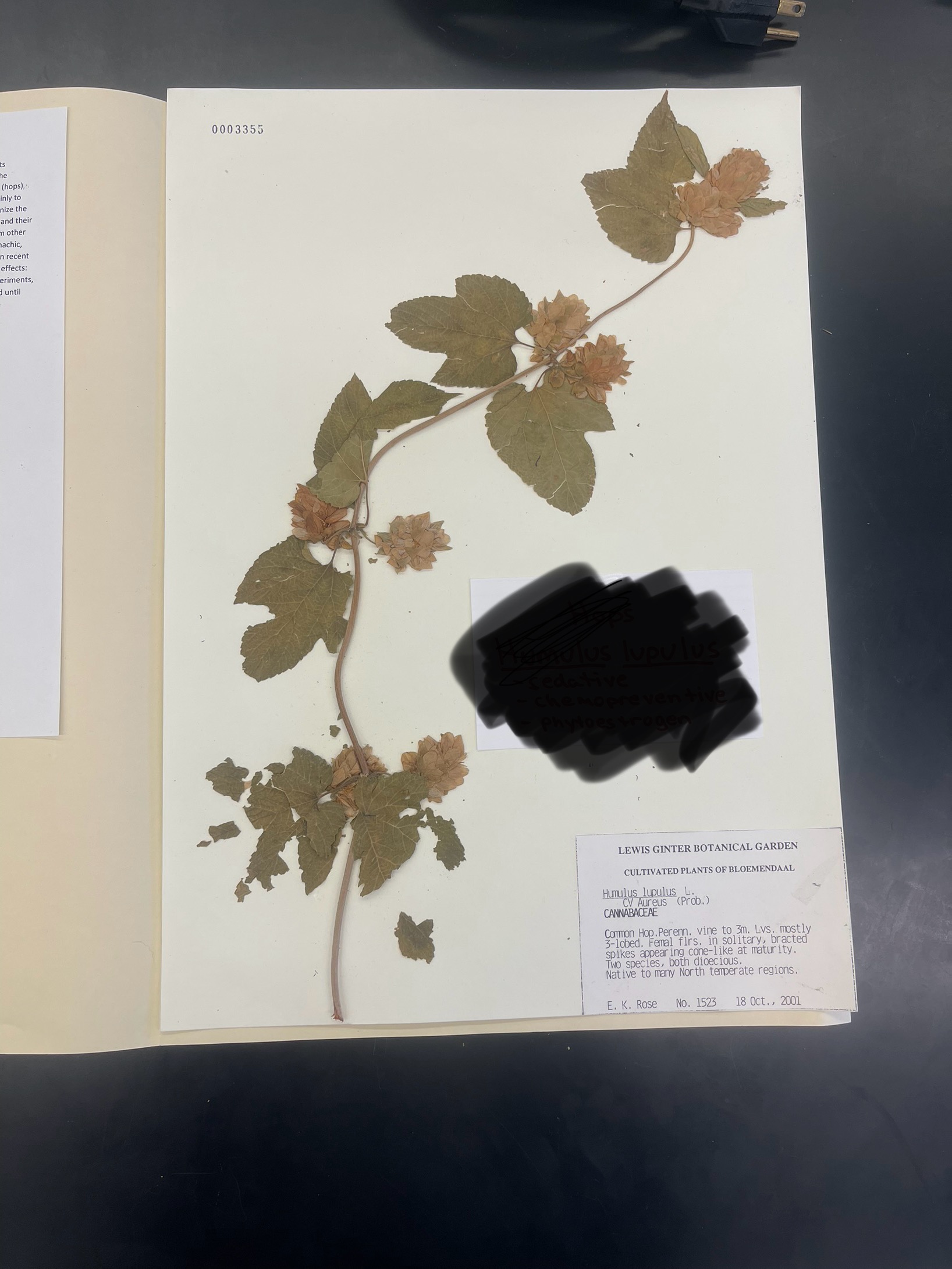
hops
humulus lupulus
sedative, chemo-preventative, phytoestrogen
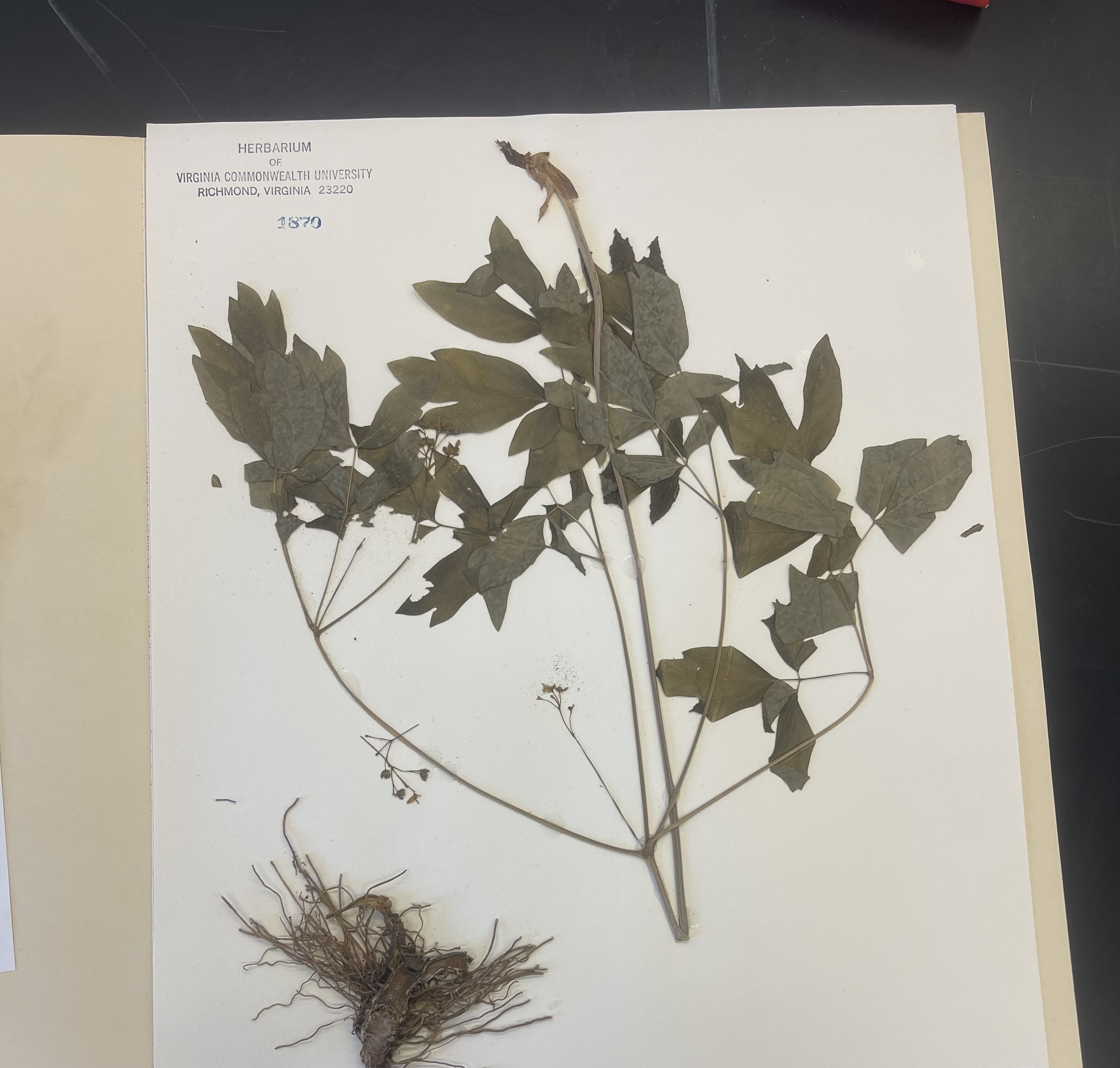
blue cohosh
caulophyllum thalictroides
child birth
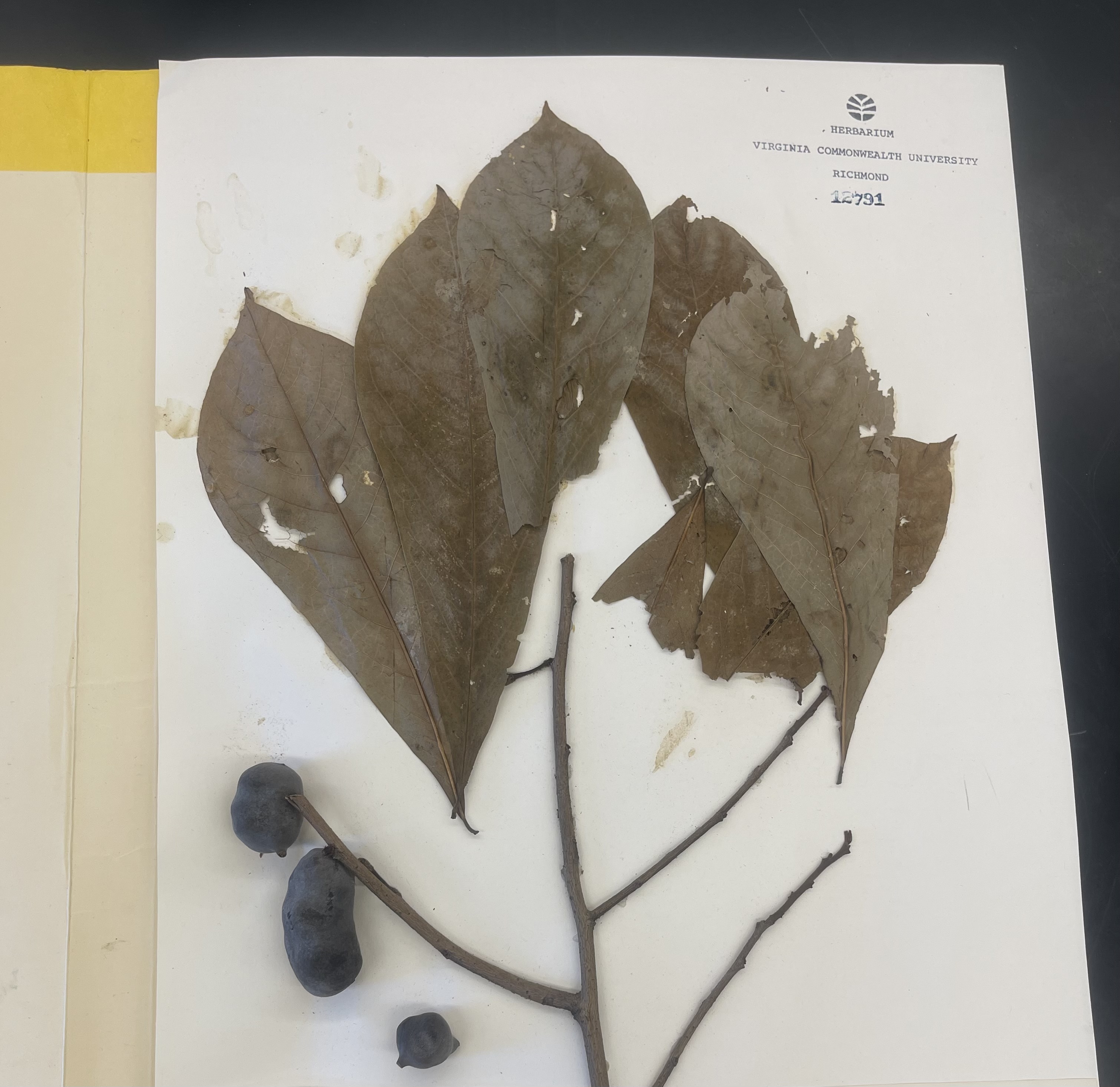
paw paw
asimina triloba
cancer